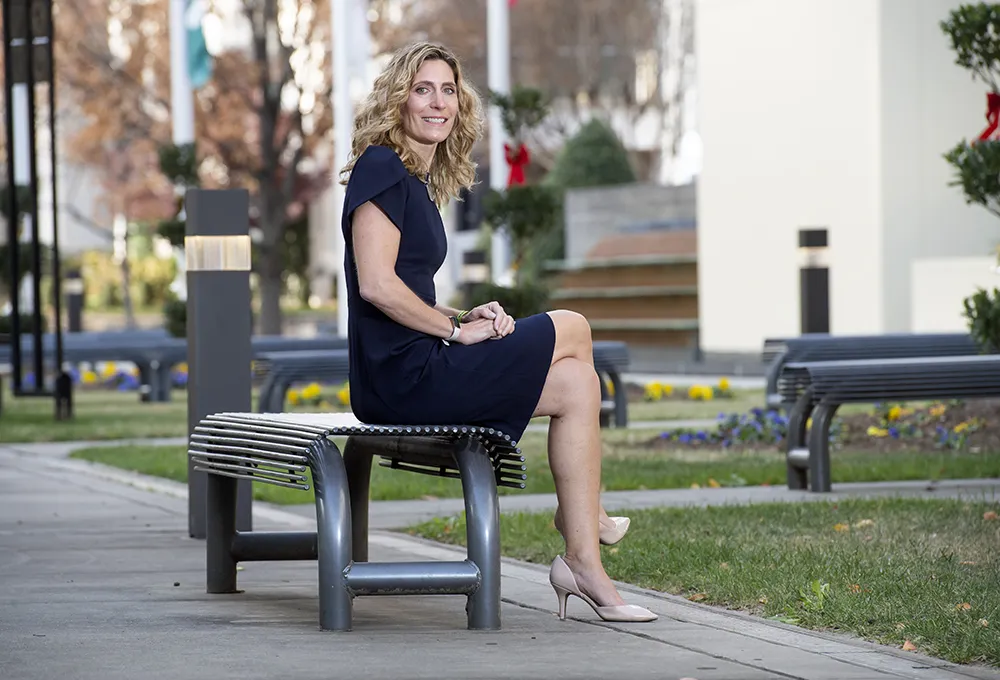EU transport commissioner Violeta Bulc and Austria's transport minister Norbert Hofert have opened transport research conference TRA 2018, on 16 April. Both highlighted the importance of digitalisation and decarbonisation for the Vienna-based conference and transport research.
The event features a theme of A Digital Era for Transport - solutions for society, economy and environment. At the opening, Gerd Leonhard, futurist, humanist, author and chief executive officer of The Futures Agency presented the importance of new technologies and the roles of humans in the digital world of mobility. He predicted that the transport of people and goods will be organised more smartly, efficiently and sustainably and be supported by networking, robotisation and artificial intelligence.
An Industrial Round Table explored the key role of industry in transport and mobility research. The session was attended by European industry representatives from all major transport sectors.
Over 100 individual events are planned for diverse topics, with every conference day operating under a theme, which is also discussed in a plenary session. Topics planned for the event include Digitalisation, Decarbonisation & Future Growth and Shaping Future Transport Research in Europe. In addition, a marketplace will offer researchers an opportunity to present their current research projects to an international audience.
Participants can also visit an exhibition area with an Interactive Zone. The conference is sponsored by Asfinag, Anstalt für Verbrennungskraftmaschinen List, BMW, Heremobility, ITS Vienna Region, Kapsch, Man, Österreichische Bundesbahnen, Plasser & Theurer, Siemens, Voest Alpine and Volkswagen.
TRA is hosted by the Federal Ministry of Transport and Innovation and technology, who organised the event with the AIT Austrian Institute of Technology and AustriaTech in cooperation with the European Commission and European Technology Platforms.
EU transport commissioner and Austria's transport minister open TRA 2018
EU transport commissioner Violeta Bulc and Austria's transport minister Norbert Hofert have opened transport research conference TRA 2018, on 16 April. Both highlighted the importance of digitalisation and decarbonisation for the Vienna-based conference and transport research. The event features a theme of A Digital Era for Transport - solutions for society, economy and environment. At the opening, Gerd Leonhard, futurist, humanist, author and chief executive officer of The Futures Agency presented the
April 18, 2018
Read time: 2 mins









